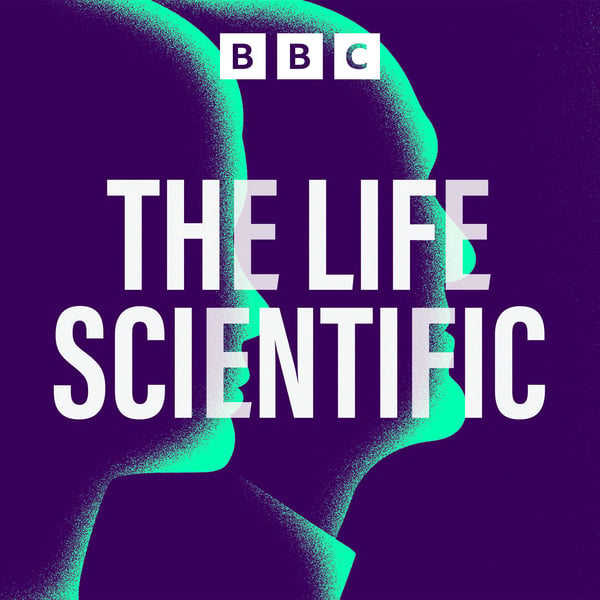Jonathan Shepherd on a career as a crime-fighting surgeon
The Life Scientific
BBC
4.6 • 1.4K Ratings
🗓️ 8 April 2025
⏱️ 29 minutes
🧾️ Download transcript
Summary
Surgeons often have to deal with the consequences of violent attacks - becoming all too familiar with patterns of public violence, and peaks around weekends, alcohol-infused events and occasions that bring together groups with conflicting ideals.
Professor Jonathan Shepherd not only recognised the link between public violence and emergency hospital admissions, he actually did something about it.
As a senior lecturer in Oral and Maxillofacial Surgery in the early 1980s, Jonathan started looking into this trend - and his research revealed that most violent assaults resulting in emergency hospital treatment are not reported to police.
As a result, he devised the ‘Cardiff Model for Violence Prevention’: a programme where hospitals share data about admissions relating to violent attacks with local authorities. He also went on to study various aspects of violent assault and deliver evidence-based solutions - from alcohol restrictions in hotspots, to less breakable beer glasses in pubs.
The impacts have been significant, delivering reductions in hospital admissions and in violent attacks recorded by police; not only in Cardiff, but in cities around the world where the model is used. Today, as an Emeritus Professor of Oral and Maxillofacial Surgery at Cardiff University - where he’s also Director of their Crime, Security and Intelligence Innovation Institute - Jonathan continues to bring together the medical sector with local authorities, finding practical ways to make cities and their residents safer.
But his career, straddling the worlds of practise, science and policy, is an unusual one; here he talks to Professor Jim Al-Khalili about what drove him to make a difference.
Presentedby Jim Al-Khalili Produced by Lucy Taylor
Transcript
Click on a timestamp to play from that location
| 0:00.0 | Hi Curios, I'm Dara Brien. |
| 0:03.0 | And I'm Hannah Frye. |
| 0:04.0 | And we are back for another series of curious cases. |
| 0:07.0 | Where we investigate the scientific mysteries sent in by you. |
| 0:11.0 | I would like to know if anything in the universe is truly invisible. |
| 0:14.0 | Why do we lie? |
| 0:16.0 | What happens to our brains when we fall in love? |
| 0:19.0 | We tackle the mysteries of the universe through audacious experiments and expert insight. |
| 0:23.9 | Curious cases. |
| 0:24.9 | Listen first on BBC Sounds. |
| 0:28.5 | You're about to listen to the latest series of the Life Scientific. |
| 0:32.5 | Episodes will be released weekly wherever you get your podcasts. |
| 0:35.9 | But if you're in the UK, you can listen to the |
| 0:39.0 | latest episodes 28 days before anywhere else first on BBC Sounds. |
| 0:46.2 | BBC Sounds, music, radio, podcasts. My guest today is a maxillofacial surgeon that's relating to the face, mouth, neck and jaw, |
| 0:56.7 | with an unusual side hustle, fighting crime. |
| 1:00.2 | That does make him sound a bit like a scientific superhero, |
| 1:03.6 | which actually isn't far off the mark, |
| 1:06.0 | because Jonathan Shepard not only recognised the link between public violence and emergency hospital |
| 1:12.3 | admissions, he did something about it. Jonathan is an emeritus professor of oral and maxillofacial |
| 1:18.3 | surgery at Cardiff University, where he's also director of their Crime, Security and Intelligence |
| 1:23.8 | Innovation Institute. He devised the Cardiff model for violence prevention, a program where |
... |
Please login to see the full transcript.
Disclaimer: The podcast and artwork embedded on this page are from BBC, and are the property of its owner and not affiliated with or endorsed by Tapesearch.
Generated transcripts are the property of BBC and are distributed freely under the Fair Use doctrine. Transcripts generated by Tapesearch are not guaranteed to be accurate.
Copyright © Tapesearch 2025.

